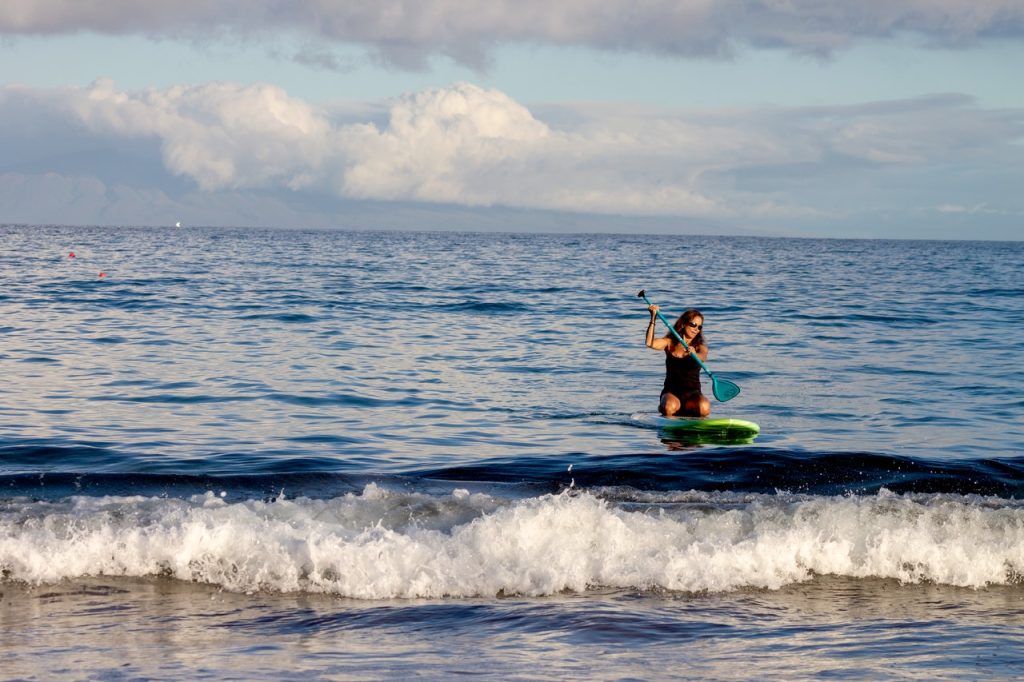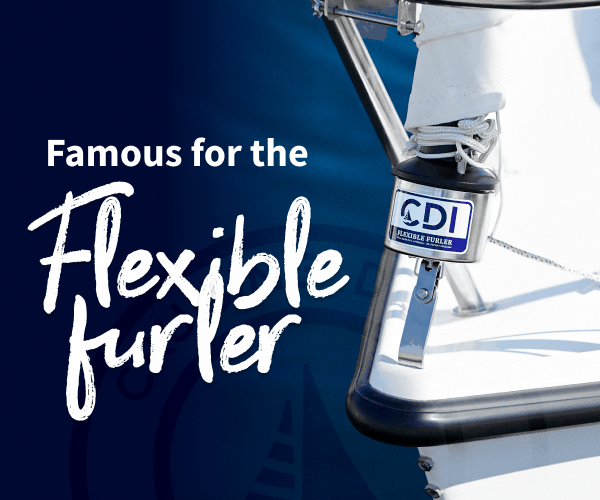As we progress further into Summer and the temperature increases, more Brits will travel to the wonderful British coast to enjoy some rest and relaxation on the United Kingdom’s stellar sandy beaches and water. Britain’s aquatic spaces are diverse including the seas, unexplored inlets and estuaries bustling with nature; and they are all interesting to enjoy whilst on stand up paddle boards.
However, whilst the sea might look idyllic, you must not get complacent and forget the hazards that come with being on the open sea. Whilst we might joke about fictional sea monsters that live underwater such as the Kraken or Loch Ness monster; there are very real dangers that come with dealing with potential riptides, the shock of cold water, and bad weather conditions. One thing that is a particular danger to paddle boarders and can catch people off guard is offshore winds.
The danger of winds
As you paddle beyond the shoreline, winds that travel in from the west blow across the atlantic ocean can pick up on the water; and end up carrying you further out to sea and find yourself stranded in the ocean, fighting against the wind to paddle back to shore. You can get surprised by these winds, because when you are paddling near the shore the cliffs and sand dunes provide shelter from these offshore winds and allow you to paddle peacefully along the shoreline.
How to protect yourself on the water with some simple precautions
To avoid this risk of being stranded, there are a couple of simple precautions that you can take which will help prevent some of the incidents that the Royal National Lifeboat Institution are called out to rescue people from.
So before you head out for adventures on the sea it is worth remembering a few things;
- One way to avoid getting lost is to head to a lifeguarded beach, where they would be able to help you before you properly get stranded.
- Make sure to check the weather forecasts for the day, especially the wind direction and wind speeds.
- Stay close to the shore when on your paddleboard, so you can avoid being caught in those winds.
- Make sure to wear a buoyancy aid, so if the winds blow you off your paddle board you will be better protected.
- On that similar note, make sure when you are stand up paddle boarding that you wear a leash so you don’t lose your board.
- A good way to avoid getting lost or losing track of the wind is being accompanied by someone also on a paddle board.
- Always carry a phone or means of communication in case of trouble, so you can contact the RNLI.
- Enjoy your time on the water, but remember to approach it with a level of caution and understanding.
Overall, if you follow these steps you should be able to stay safe whilst you are out on the water and avoid the dangers of offshore winds.



